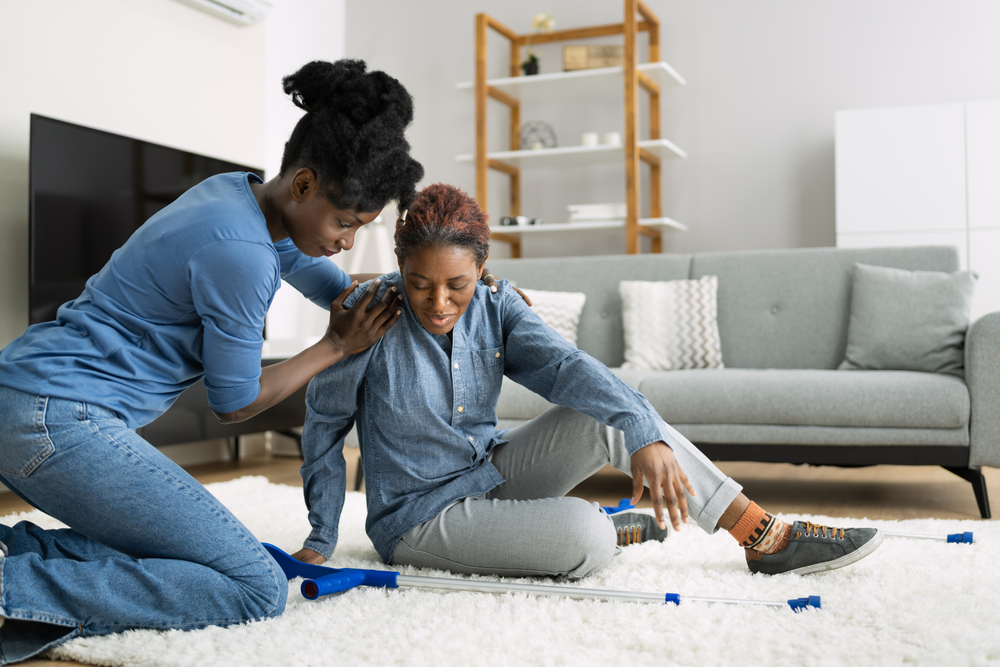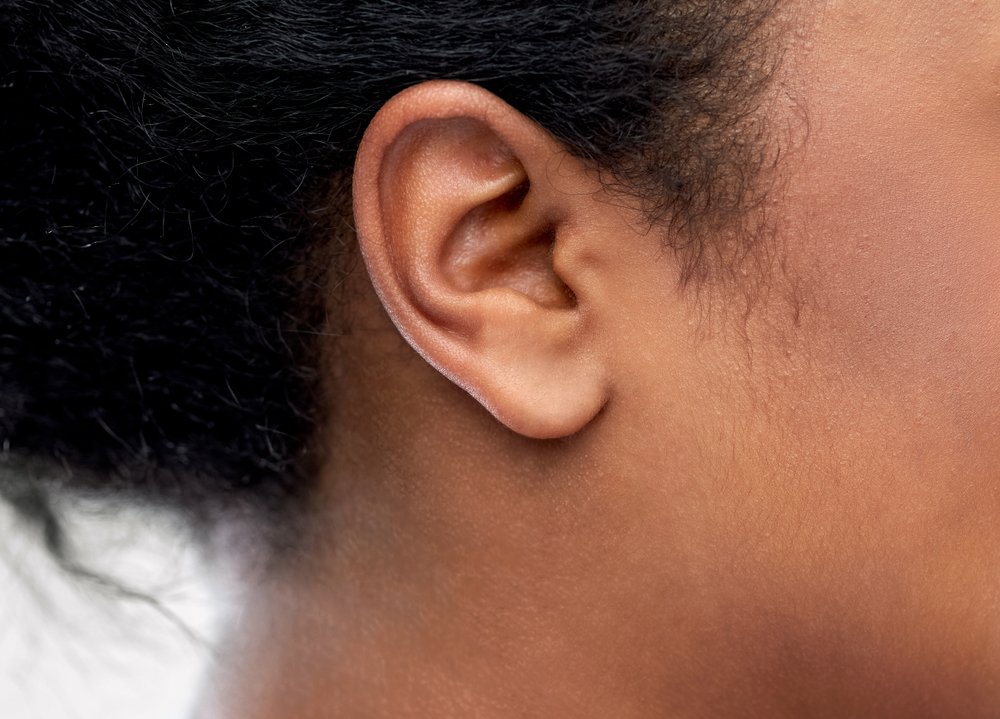Oftentimes, when you hear the word epidemic, you think of things like COVID, the Black Plague of the middle ages, the influenza epidemic during World War I, and even the boy band craze of the late 90s.
Now, a new medical condition is on the rise: hearing loss.
According to a new study, more than a billion young individuals face the potential risk of hearing loss. And the things causing hearing loss in “the young” are impacting the rest of the population as well.
What is causing hearing loss in young people?
The short explanation lies in our device usage patterns: the more individuals engage with their devices, the greater the impact on their hearing. Consider our smartphones, which have become a comprehensive hub for all media activities, enabling us to stream Netflix shows or download music on a single device. In our effort to be considerate, we often use headphones or earbuds to contain the noise generated by these devices.
Extended periods of listening, especially at high volumes to drown out the noise of a bustling city street, can significantly harm our ears. Additionally, it’s worth noting that music itself is becoming louder—just ask legendary producer Rick Rubin, who has faced accusations of increasing the average sound level on the albums he produces. The combination of constant device connectivity and louder music poses a significant risk to our ears.
The further impact of video games
For years we’ve been told that playing too many video games will affect our brains and sight. But what about hearing loss?
Among the visuals on the screen and your hands on the controller are sounds that go along with it. Your ears are subjected to simulated machine gun and artillery fire for hours at a time (and years you’ve been playing). Gamers often use headsets as well when they’re playing online with their friends, allowing people to yell out in anger directly in their ears when their character gets knifed in the back, and they totally didn’t see it coming. All of this time spent in the virtual world does damage to your ears.
Additional loud noise in our lives
Beyond video games, people are using headphones at work to drown out crowded workspaces or to join conference calls.
Unfortunately, loud noises extend beyond the virtual world into the real world. Consider the fact that 9 out of 10 people who live in New York City are exposed to noise loud enough to cause hearing loss on a daily basis.
Why should we care about the rise in hearing loss?
We all suffering from hearing loss at one point, right? Everyone has that older relative they have to repeat things to because their hearing isn’t quite what it used to be, so some may just accept hearing loss as an inevitable fact. Wrong!
The impact of hearing loss goes far beyond not hearing sounds. Hearing loss has been linked to:
- Increased risk for cognitive decline and dementia
- More instances of social isolation
- Increased risk for mental health problems, such as depression and anxiety
- Heightened risk of suffering from falls
- Increased emergency room visits and hospitalization
- Higher healthcare costs
- Impacting relationships
Hearing issues won’t just go away on their own and can have a huge impact on your personal life.
While it might be fun now to listen to music as loud as possible and spend countless hours playing video games, you’ll eventually pay for it with irreversible hearing loss.
How to prevent hearing loss in younger people
The first step is turning the volume down on your devices is the most important thing you can do to prevent hearing loss. While it’s tempting to crank up the music while you’re mowing the lawn, sitting in an open floor plan office, or walking down the streets of a bustling city, you need to realize that drowning out noise with more noise is the worst thing you can do to your ears. Instead, try out a pair of high-fidelity earplugs that can block out the sound and protect your hearing at the same time.
If you do need to listen to music or other media, try using headphones instead of earbuds to keep the sound further away from your eardrums and keep the volume level at 50% or lower.
Take action and learn more about the steps you can take to prevent hearing loss.



